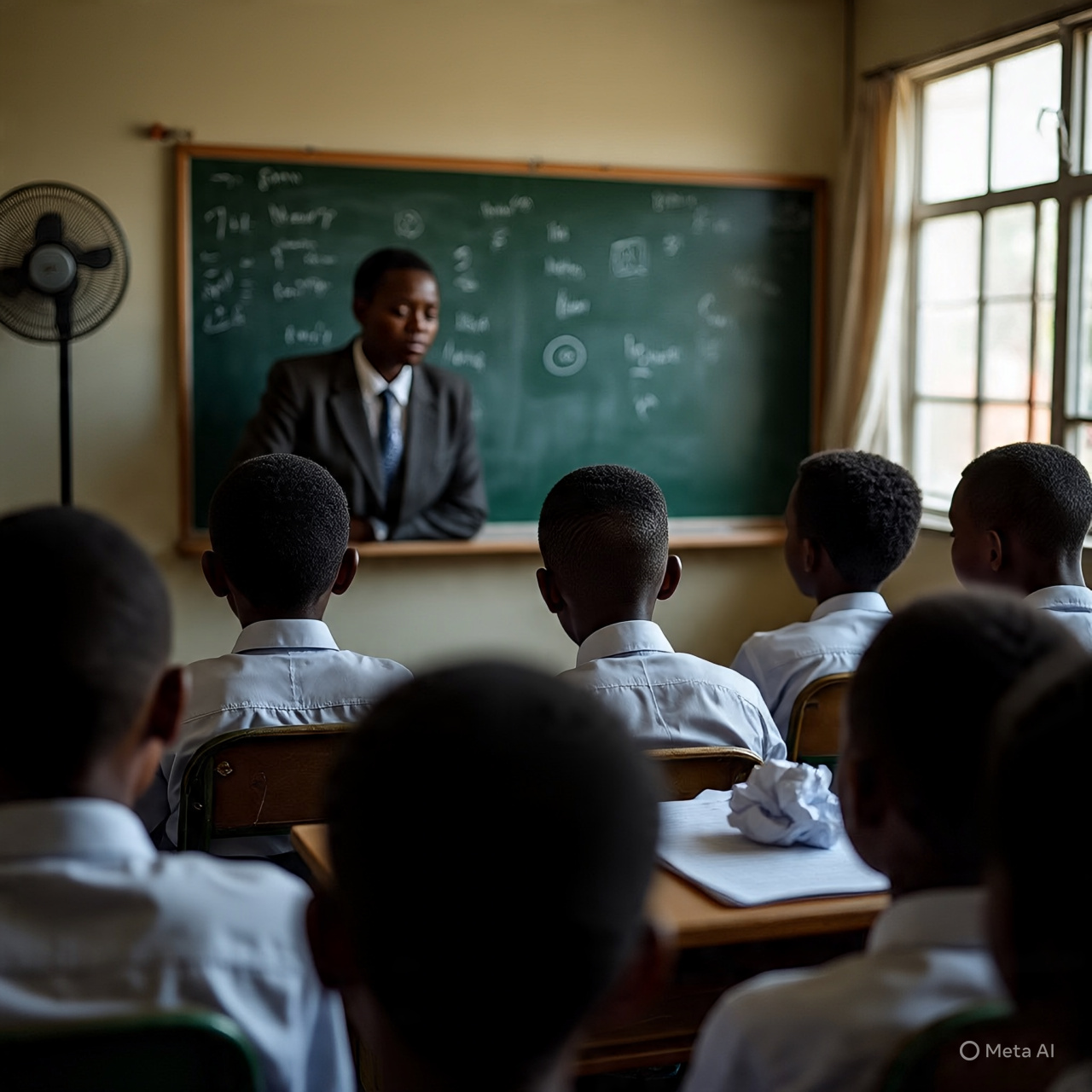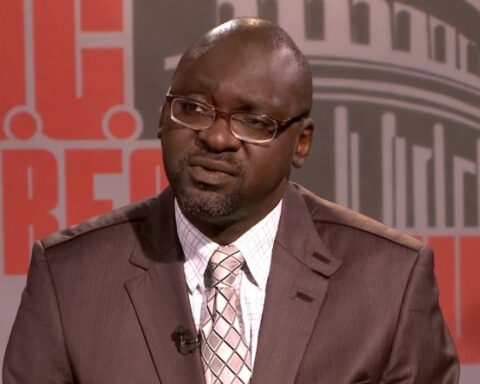By Sore Alabi
The recent mass failure in the 2025 West African Senior School Certificate Examination (WASSCE), where only 38.32% of candidates passed English Language and Mathematics at credit level, is not just a statistic, it is a glaring symptom of a broken educational system that has repeatedly failed those it was meant to serve.
At the heart of this national embarrassment is a failure of structure, planning, and accountability. Reports of students writing their English Language examination under torchlight, in the rain, at 10:30 p.m., are nothing short of disgraceful. No serious nation should allow its future generation to be subjected to such chaos in the name of standardized testing.
Let’s be clear, the blame should not rest on the shoulders of the students alone. Yes, there are always concerns about student preparedness, reading culture, and dedication. But no amount of reading can fully compensate for exams conducted in mosquito-infested classrooms, with poor lighting and psychological fatigue.
While the West African Examinations Council (WAEC) claims it took steps to prevent cheating such as serialisation of objective questions, this is no excuse for negligence to logistics. The integrity of exams does not lie solely in stopping malpractice; it also lies in creating an environment that fosters fairness and dignity for all candidates.
Conducting exams late into the night, especially in poorly equipped schools, violates the basic standards of any authentic assessment. It is unacceptable, and WAEC must be held accountable. The call by the Concerned Parents and Educators Network (CPE) for the cancellation of the English Language paper is very much legitimate. At the very least, a full investigation should be launched to determine how and why such a failure of logistics occurred, and who should be responsible.
This crisis is beyond just WAEC. It reflects Our education sector is hindered by chronic issues, including underfunding, poor teacher training, decaying infrastructure, and neglect. The President of the National Association of Proprietors of Private Schools (NAPPS), Yomi Otubela, rightly emphasized the lack of investment in teacher capacity and poor learning environments as major contributors to the failure.
In rural areas especially, children are learning under terrible conditions, with little to no access to technology or learning resources. Teachers are underpaid and overworked, often unable to meet their own basic needs. How then can they inspire and effectively educate students?
This should be a turning point. The 2025 WASSCE results must serve as a national wake-up call. Nigerians cannot continue to brush aside the real issues with cosmetic solutions. Canceling one paper may provide temporary relief, but what we truly need is a complete transformation of how education is administered, assessed, and supported in Nigeria.
WAEC must review and reform its examination logistics. Federal and state governments must prioritize education not just in words, but in budget allocations and concrete policies. Teachers must be trained and motivated. Students must be given environments conducive to learning. And parents must play their part in monitoring and supporting their children’s academic journeys.
The mass failure in WASSCE 2025 is a shared shame. But it can also be a shared opportunity to rebuild, reform, and restore hope in our education system.
Follow us on all social media platforms @dailyquery for news and analyses around the globe.


























